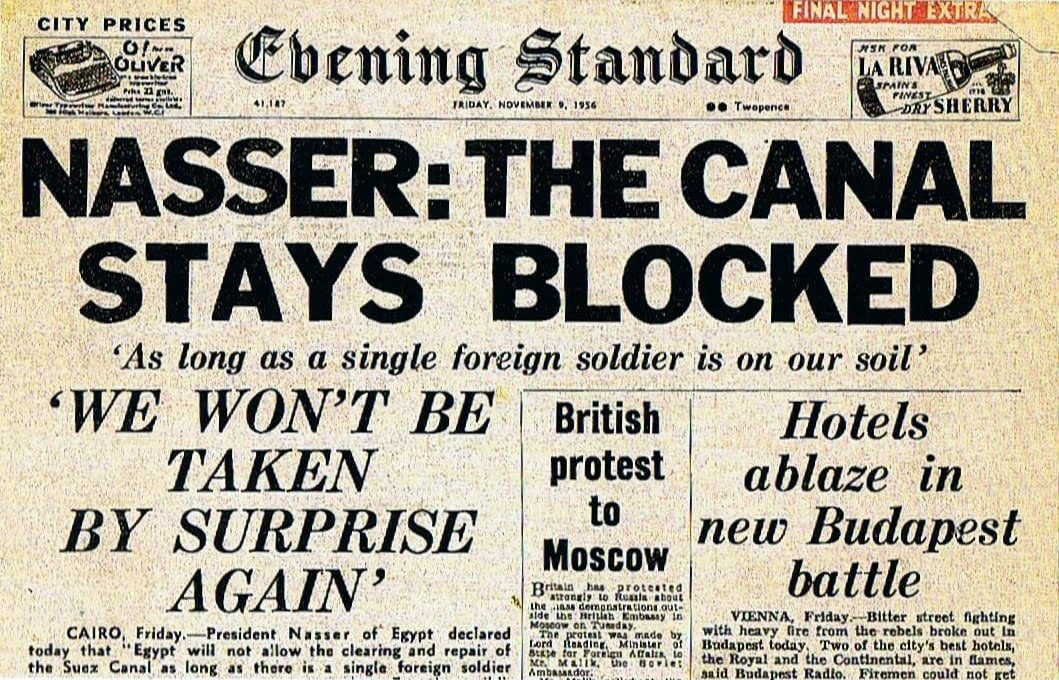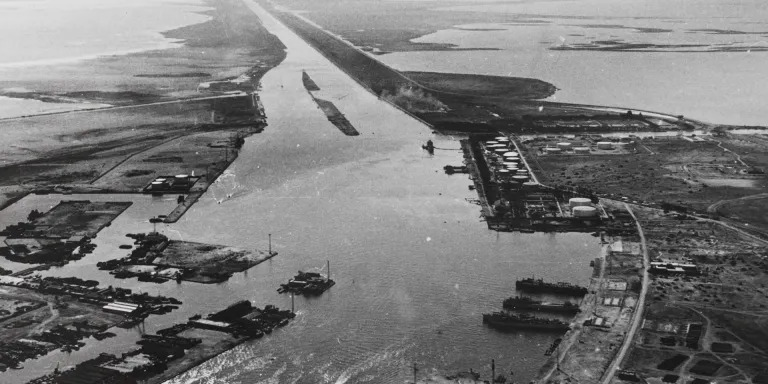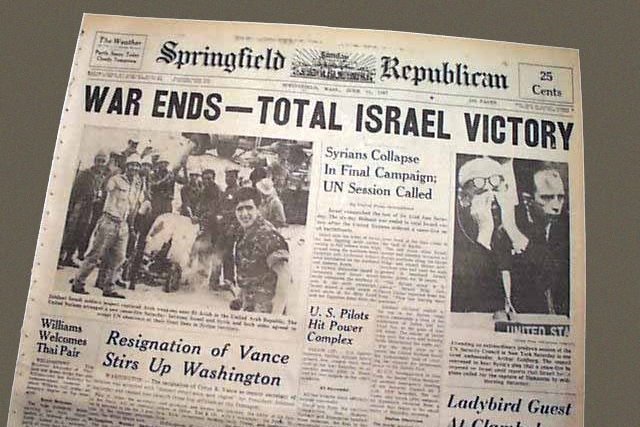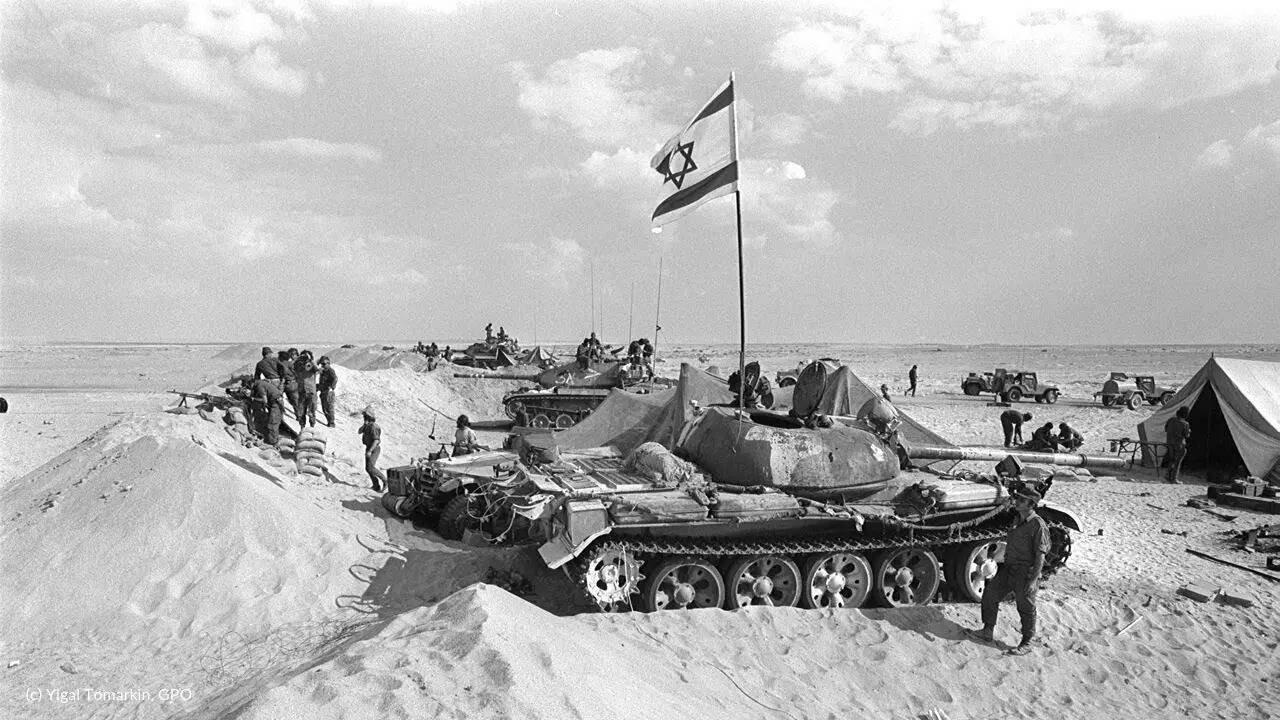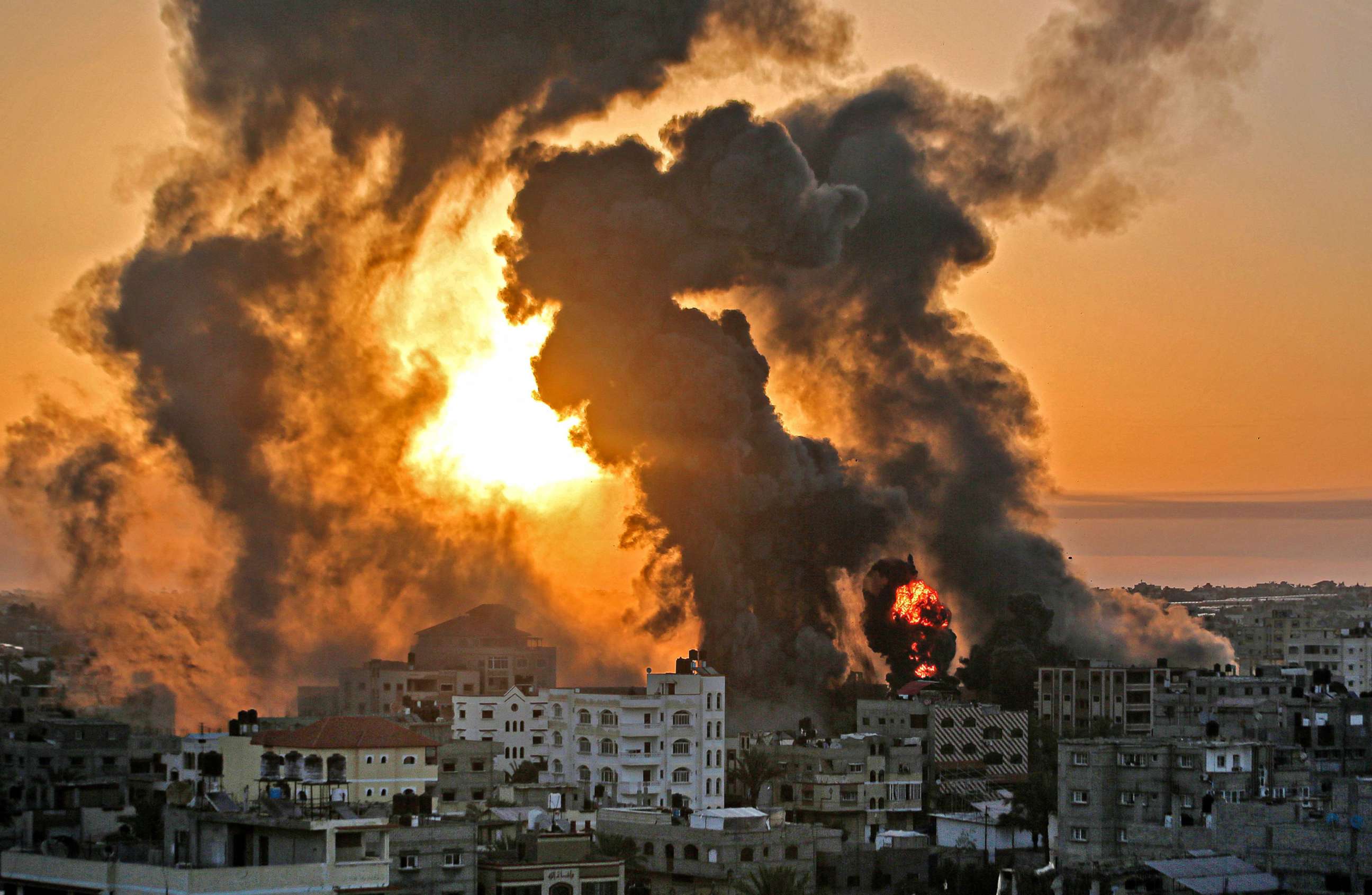The Arab-Israeli conflict, one of the most enduring and complex conflicts of modern times, has shaped the geopolitics of the Middle East for over three-quarters of a century.
This comprehensive examination unfolds year wise, providing insights into the historical depth of the struggle over land, identity, and sovereignty between Israel and Palestine, focusing on key events and their implications.
1948: The Birth of Israel and the First Arab-Israeli War
The year 1948 is pivotal in the history of the Middle East. Following the United Nations’ partition plan to create separate Jewish and Arab states in the British Mandate of Palestine, Israel declared independence on May 14, 1948. This declaration led to the First Arab-Israeli War, as neighboring Arab countries invaded the nascent Jewish state. The conflict resulted in a significant territorial expansion for Israel and the creation of Palestinian refugee issues that persist today.
1956: The Suez Crisis
The Suez Crisis, or the Second Arab-Israeli War, occurred in 1956 when Israel, alongside the United Kingdom and France, attacked Egypt. The conflict was primarily triggered by Egyptian President Gamal Abdel Nasser’s nationalization of the Suez Canal.
Although the military objective to regain Western control over the canal and to remove Nasser from power failed, Israel succeeded in reopening the Straits of Tiran, a critical passage for Israeli shipping.
1967: The Six-Day War and Its Aftermath
The Six-Day War, a groundbreaking moment in the Arab-Israeli conflict, saw Israel achieve a stunning victory against the Arab coalition led by Egypt, Jordan, and Syria. Israel captured significant territories including the West Bank, Gaza Strip, Sinai Peninsula, and the Golan Heights. This war not only reshaped the region’s geopolitical landscape but also laid the groundwork for future conflicts and negotiations.
1973: The Yom Kippur War
In October 1973, Egypt and Syria launched a surprise attack against Israel on Yom Kippur, the holiest day in Judaism. The Yom Kippur War, also known as the October War, saw initial Arab advances.
However, Israel eventually repelled the attacks and the conflict led to a stalemate, which prompted a reevaluation of strategies and led to significant diplomatic shifts, including the eventual peace treaty between Israel and Egypt.
1987 and 2000: The Intifadas
The Palestinian Intifadas were two significant uprisings against Israeli rule in the Palestinian territories. The first Intifada began in 1987, characterized by widespread civil disobedience and protests, significantly impacting Israeli-Palestinian relations. The second Intifada started in 2000, marked by more violent confrontations and leading to a significant loss of life on both sides.
1993: The Oslo Accords
The Oslo Accords marked a pivotal moment in the peace process between Israel and the Palestinians. Signed in 1993, these agreements established the Palestinian Authority and set the framework for future negotiations. However, the failure to address core issues such as Jerusalem, refugees, and borders has left the peace process in a prolonged state of limbo.
2006: The Lebanon War
In 2006, the conflict between Israel and Hezbollah, a Shiite Islamist militant group based in Lebanon, erupted into a full-scale war. The 34-day conflict resulted in the deaths of over a thousand individuals and caused significant infrastructure damage in Lebanon. The war ended with a United Nations-brokered ceasefire, without a clear victor, leading to ongoing tensions in the region.
2014: Gaza Conflict
The 2014 Gaza Conflict, known in Israel as Operation Protective Edge and in Palestine as the Gaza War, was marked by a severe escalation in violence between Israel and Hamas, the governing authority in the Gaza Strip. The conflict resulted in significant civilian casualties and destruction, highlighting the dire humanitarian situation in Gaza and the ongoing volatility in Israeli-Palestinian relations.
Conclusion
The history of the Arab-Israeli conflict is a testament to the complexities and enduring nature of regional and nationalistic disputes. Each phase of the conflict has contributed to the shaping of the current geopolitical landscape in the Middle East, marked by a continuous struggle for land, recognition, and security. Understanding this year wise progression provides not only insight into the past but also perspectives for future resolutions in the quest for peace between Israel and Palestine.


